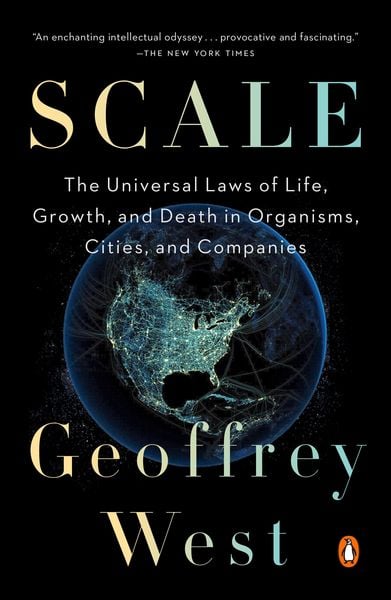
Is Social Physics the Answer?
Daniel Warner reviews 'Scale' by Geoffrey West and tells us that simple general theories can help us understand the world we live in.

Daniel Warner reviews 'Scale' by Geoffrey West and tells us that simple general theories can help us understand the world we live in.